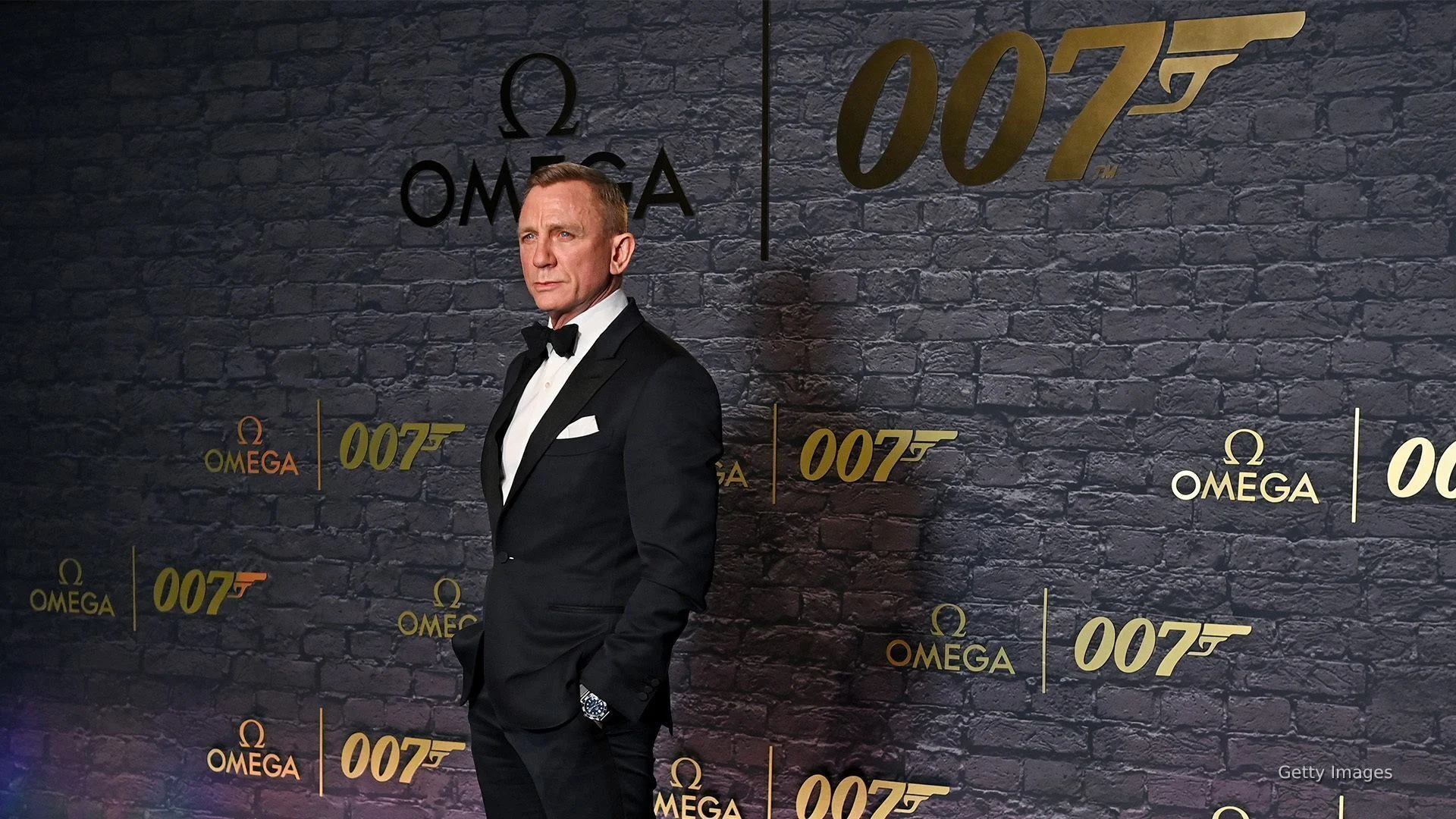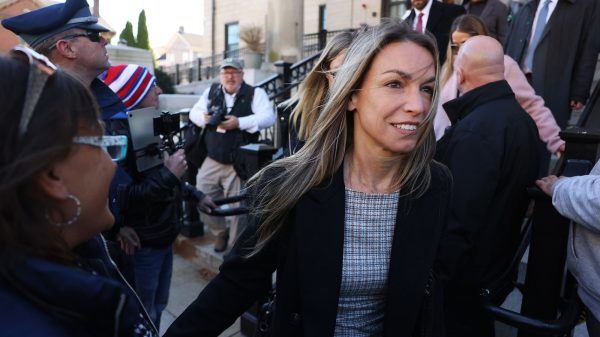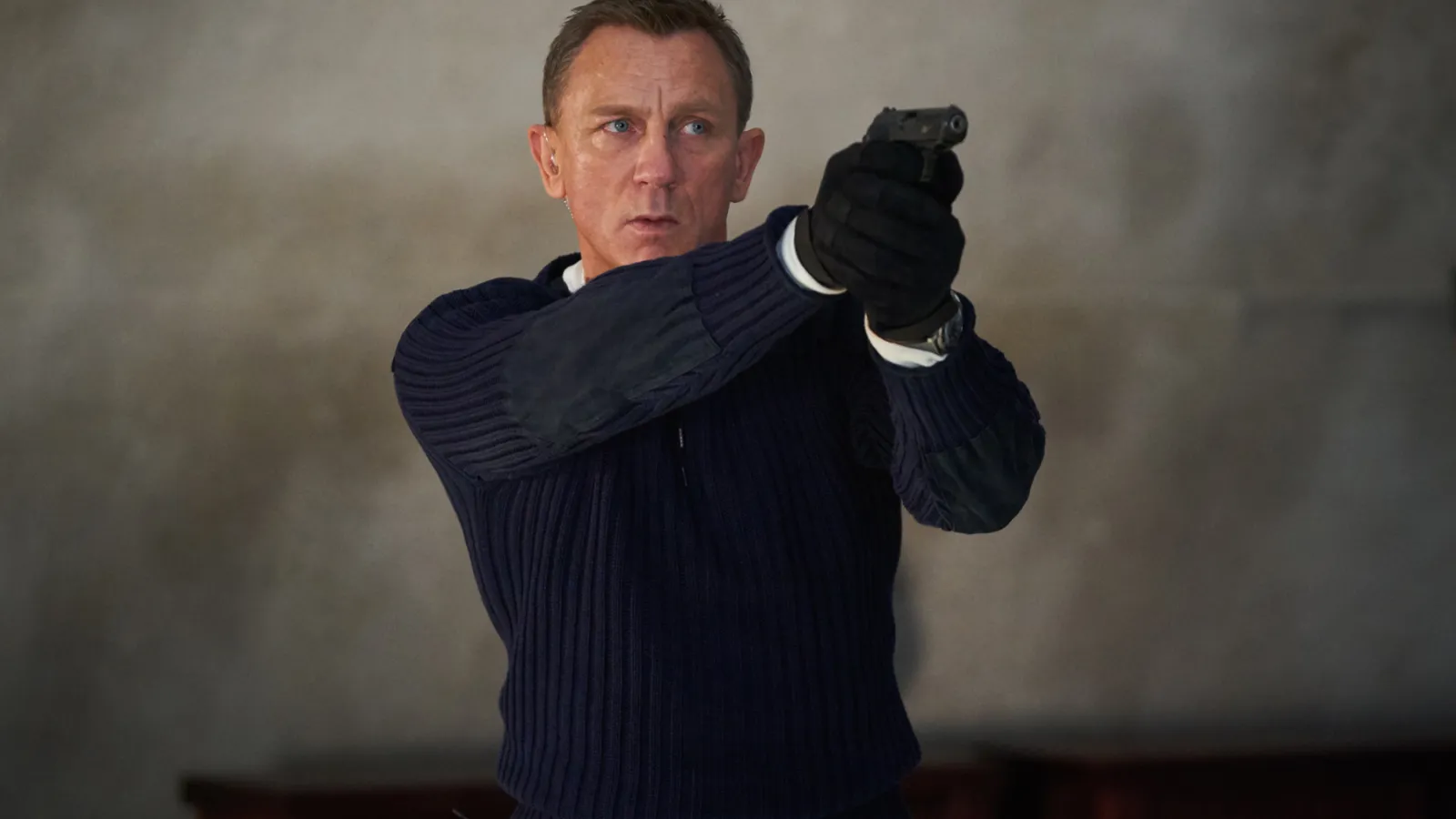Three years ago, when reviewing Daniel Craig’s final Bond film, No Time to Die, I praised the filmmakers’ choice to end the movie with Craig’s 007 meeting his demise.
I described it as “the send-off he deserves” and wrote, “What happens in the climactic scene feels poetic: Bond, in a strange way, takes on the karma of all the people he has killed.”
Yet, the film’s closing title reassured us that “James Bond will return.” So, he’s dead, but he’s also coming back. I reasoned that this paradox made sense—Craig’s Bond was being killed off to clear the way for a new iteration, something that essentially happens every time a new actor steps into the role.
However, in the months that followed my review, as I witnessed the widespread backlash against Bond’s death, I began to reconsider my stance. Over time, the moment felt less like a poetic farewell and more like an odd, cryptic stunt.
Now, though, I might have to rethink my re-evaluation. Because in 2021, putting an end to the James Bond we’d known for 60 years—the ultimate spy, the epitome of danger, cool, and masculine mystique—may have been a more prescient move than anyone could have foreseen.
Today’s announcement that Amazon MGM Studios will take creative control of the Bond franchise, with longtime producers Michael G. Wilson and Barbara Broccoli stepping back, represents a seismic shift in the film industry.
It signals the culmination of an ongoing transformation: the move from films as curated, event-driven experiences to content churned out on demand. The news about Bond marks this transition as an irrevocable cultural shift.
For decades, the Bond series stood apart from other studio-owned franchises, feeling like the last “pure” film series—one not controlled by a corporation but by a family which remains a family-run institution, free to exercise journalistic independence without corporate interference.
These holdouts aren’t just anomalies; they’re vital forces that keep the industry from becoming completely homogenized.
Barbara Broccoli, following in the footsteps of her father, Albert R. “Cubby” Broccoli—the original Bond producer alongside Harry Saltzman—has long been known for her meticulous control over the series.
She has overseen every major decision, from the casting of Bond (a choice she has approached as though selecting the leader of the free world, which, in a cinematic sense, she was) to details like Bond’s choice of car, weapons, villains, and, of course, whether his martinis remain shaken, not stirred.
While micromanagement can sometimes be detrimental, in the case of Bond, it ensured that the films were carefully crafted, treated as mythology rather than just another blockbuster franchise. For over 60 years, every Bond film has been an event, a rarity in modern cinema. The Broccoli family devised a delicate strategy to preserve that sense of occasion.

Daniel Craig As James Bond
Since its debut in 1962 with Dr. No, the Bond franchise has produced only 25 official films (26 if you count the unofficial Never Say Never Again). That scarcity has been part of its allure.
Reports suggest that one of the key tensions between Amazon and Broccoli was her deliberate pacing in developing the next installment. (That’s been part of the Bond formula: make audiences wait.) Amazon, on the other hand, is eager for more content—an impatience that foreshadows what the company may do with the series.
Over six decades, only a select few Bond films have reached greatness (Dr. No, Goldfinger, On Her Majesty’s Secret Service, Casino Royale). Some are very good (From Russia with Love, The Spy Who Loved Me). Others are overrated (You Only Live Twice, despite its fantastic volcano-lair climax, and Skyfall, which I find overly “therapeutic” and derivative). A few, in my opinion, are unfairly maligned (Die Another Day).
Some are outright misfires (Live and Let Die, GoldenEye), while many are merely passable or have aged poorly. Yet, regardless of their individual quality, the Bond films collectively form a franchise that remains greater than the sum of its parts.
What happens next? While no one can predict the future, the direction seems clear. Now under the control of Amazon MGM—a company driven by the goal of converting films into streaming content—the Bond franchise will likely be “expanded,” spawning spin-offs such as The Reign of M, The Blofeld Chronicles, or Young Bond: License to Drive.
Perhaps it will even become a serialized streaming series. The same fate that befell Star Wars after Disney took over—endless expansion leading to dilution—seems inevitable.
Overexposure will erode the mystique, and as the producers scramble to course-correct, the only solution will be more content. In essence, they’ll be strip-mining the franchise, exploiting it until it loses what made it special.
One reason I’m convinced this will happen is that Bond has already been struggling with an identity crisis. The question of who should play the next Bond is no longer just about finding an actor who can wear the tux with effortless charisma, embodying a mix of suaveness and lethality.
(For what it’s worth, my pick is Josh O’Connor.) Instead, it has become a broader existential debate: Who is James Bond in the modern era? Is he a relic of the Hugh Hefner age, or is he an enduring, adaptable super-spy?
Should he be white or Black? Is he a charming chauvinist, or should he evolve into a more enlightened figure? These are legitimate discussions, but they underscore how much Bond’s identity is in flux. And do we trust Amazon to handle that evolution?
During a meeting, an Amazon employee reportedly said, “I have to be honest. I don’t think James Bond is a hero.” The room went silent. The implication was that this person held a significant role within the company. If that’s the mindset shaping Bond’s future, what does that mean for the character?
It’s undeniable that Bond needs to evolve—he always has. The franchise can’t afford to become a stagnant museum piece devoted to action sequences and martini-drinking bravado. Many of the hallmarks of Bond—stunts, gadgets, globe-trotting intrigue—have been absorbed into other franchises, particularly Mission: Impossible.
Yet, the magic of Bond endures. It’s a cinematic mythology that refuses to fade, because audiences don’t want it to. James Bond has survived everything—even death in his last film.
My concern is that with a corporate streaming giant now steering the ship, one that understands movie metrics but not the deeper, subversive, and fatalistic romance of Bond, he won’t be granted another spectacular death. Instead, they’ll kill him softly.
























